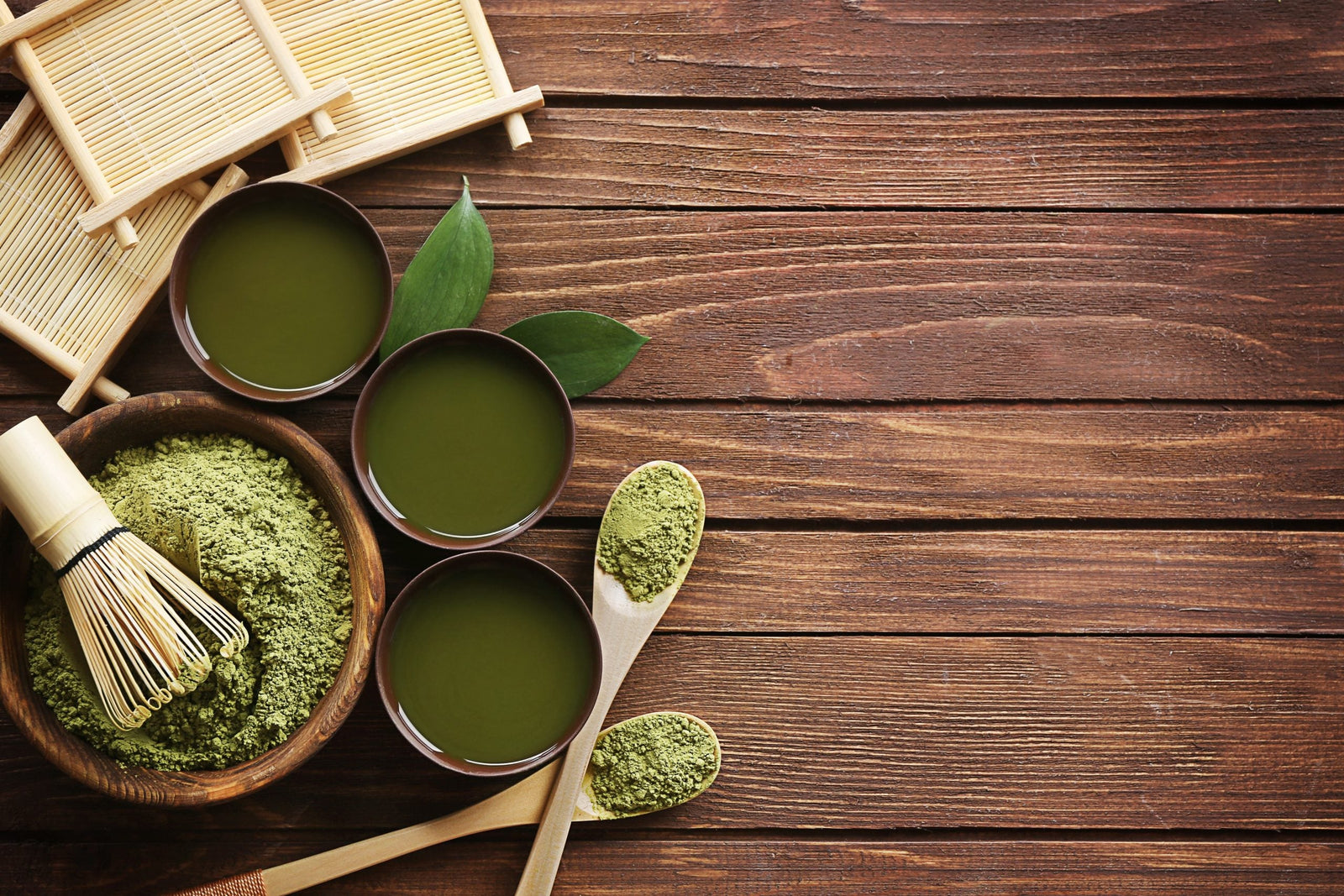Have you ever tried simply eating less to lose weight? And did it work? The problem is: eating less often simply means starving, bad moods and stress for the body.
I often hear my readers say that they would like to get by with less food.
Do I understand this wish correctly? Does this mean that you want to eat less but still be full, satisfied, energetic and productive? And lose weight at the same time? Yes? Then I have 5 tips for you!
Don't worry! You don't have to implement them all straight away. Just start with one and see what effect it has.
Tips for eating less
1) Stick to "real", natural food

If you eat "real", natural food, you will find that you simply get full faster and stay full for longer.
My tip: Eat mainly vegetables, fruit, nuts, seeds, and fresh meat, eggs and fish if you like. Avoid artificially produced, preserved and refined foods whenever you can. Now you're probably thinking: "I already knew that, it's nothing new."
But do you?
Do you really not eat convenience foods? And do you even know why convenience products undermine our efforts to eat less? Convenience foods usually contain artificial additives or flavorings, flavor enhancers and sugars such as maltodextrin or glucose syrup.
All these ingredients make us feel hungrier, less full for less time and also cause us to crave unhealthy foods. One reason for this is that they cause high insulin levels in the body and insulin is known as the "fattening hormone".
Another reason for this is that convenience foods are not complete, natural foods and the body recognizes that it is lacking nutrients when it receives these foods. And the hunger you feel is actually your body crying out for the missing nutrients.
2) Eat breakfast, and eat it right
Time is often short in the morning. Would you rather sleep 30 minutes longer and skip breakfast? See if you don't get hungry at 9 or 10 a.m. and then compensate with something small like a croissant or fruit yoghurt.
Or if you get so hungry by lunchtime that you eat a huge portion at lunch, including dessert.
And what should I eat in the morning? Answering this question would probably take up a whole article of its own! But this much can be revealed: as low in sugar as possible, high in protein and also filling, for example natural yoghurt with 1 fruit, almond muesli or scrambled eggs.
3) Take advantage of the suppression effect
Our human brain works in such a way that we usually crave what we can't have all the more. If I forbid myself something, then I want it even more!
That's why I recommend that instead of thinking "I have to eat less", you try to eat more of the right foods. The right foods in this case are mainly vegetables and fruit, which contain a lot of water and few carbohydrates.
This is because we can eat a lot of vegetables in terms of volume and still not consume many calories. Try to arrange your plate so that half of it is filled with vegetables and half with salad.
"Dense" foods with a low water content, such as bread, rice or pasta, should only be side dishes and take up a small proportion of the plate. Rule of thumb: 1 serving spoonful of side dishes is enough.
The more of the "good" foods I eat, the less space is left for the "unfavorable" ones. This is what I call the crowding out effect.
4) Drink enough water and avoid sweet drinks (including artificially sweetened drinks)
Sometimes we confuse the signal for hunger with the signal for thirst. So my tip if you feel hungry is to drink a glass of still water first and wait a few minutes to see if you're still hungry.
The trick with drinking is to drink a few sips at a time regularly throughout the day rather than downing half a liter all at once. If you have resolved to eat less, try drinking only water for 14 days and no sweet drinks (not even artificially sweetened ones), no fruit juices and no alcohol.
5) Take 3-5 deep breaths before you eat
Food often has a calming effect on us. Sometimes we even just eat something to calm ourselves down after a stressful situation. Get into the habit of taking 3-5 deep breaths before eating to calm yourself mentally and physically. When you start your meal afterwards, the food is no longer needed to calm you down, so you can eat more slowly, chew well and notice when you are full.
So those were my 5 tips for eating less.
But perhaps my most important tip: don't believe what someone else tells you about nutrition. Instead, try it out for yourself, become an explorer of your own body. Because as the Roman philosopher Lucrezius wrote:
"One man's food is another man's bitter poison."
And now it's your turn. Let me know in the comments: Were these tips useful to you? Which of these tips would you like to implement? Do you have any tips of your own for us on how to eat less and still feel full? And what is the biggest challenge that prevents you from implementing these tips?
















